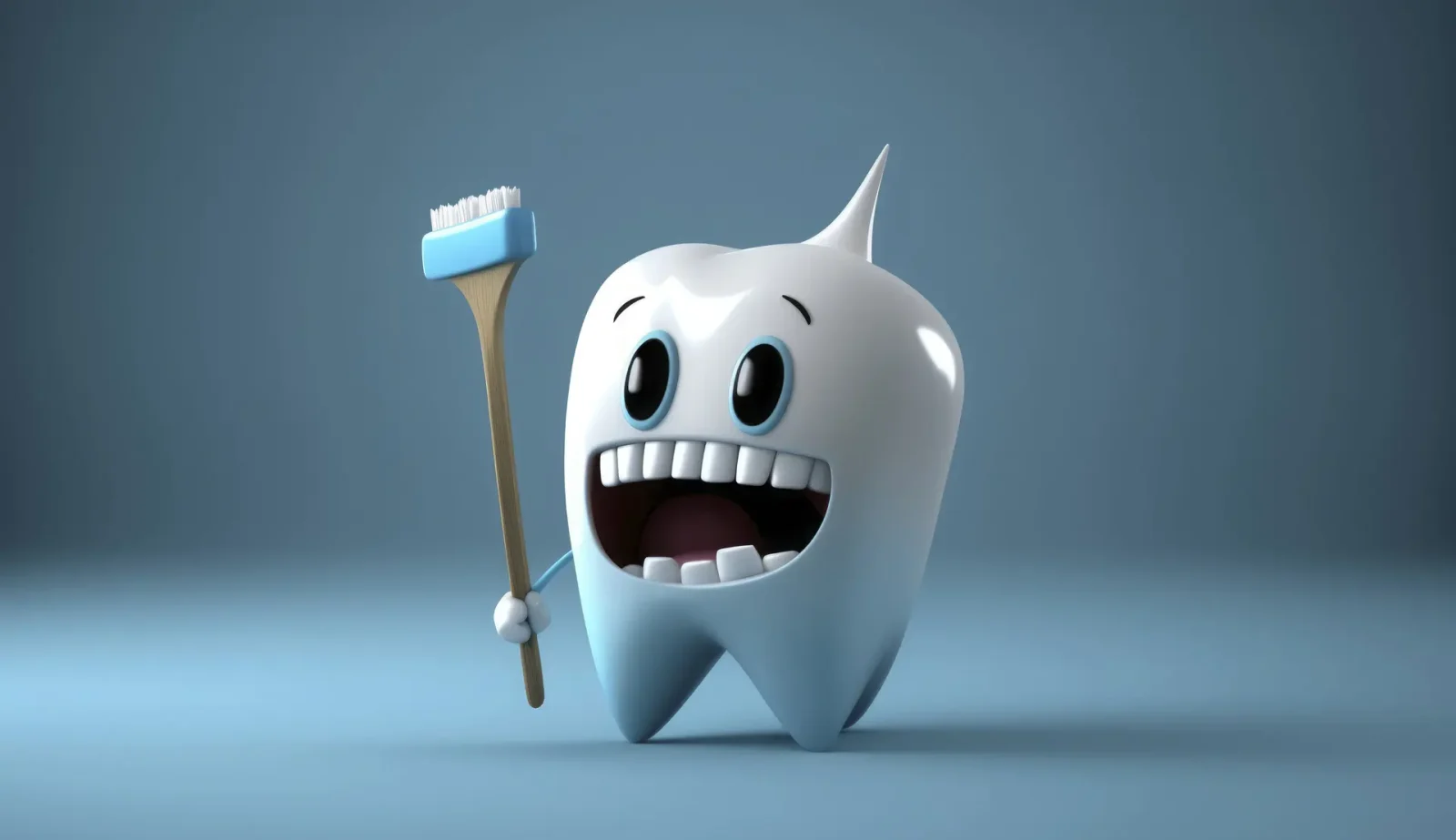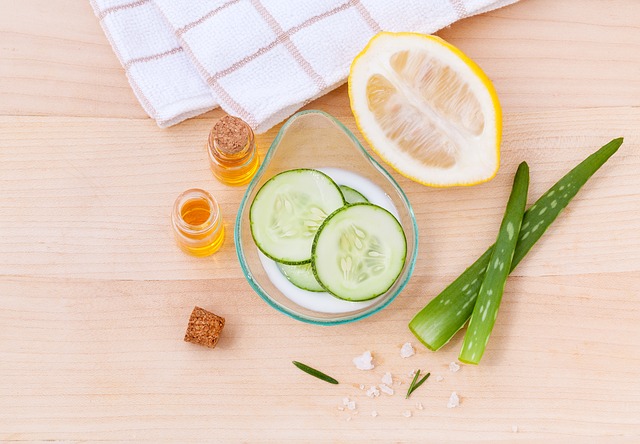Key Takeaways:
- Understand the importance of maintaining oral hygiene.
- Learn practical tips for improving your dental health.
- Discover expert recommendations for effective oral care practices.
- Find out how diet and lifestyle choices affect your teeth and gums.
- Explore the benefits of regular dental check-ups.
Oral Hygiene 101
Good oral hygiene is key to overall health. It’s daily habits that keep your teeth, gums and mouth healthy. Brush and floss are the foundation of a good oral hygiene routine. Fluoride toothpaste and a soft bristle brush can remove plaque, the main cause of cavities and gum disease. Consistency is key, as Pampered Tooth will tell you. In addition to daily brushing and flossing, replace your toothbrush every 3-4 months.
Adding mouthwash to your routine can help with oral hygiene. Mouthwash reduces bacteria in the mouth which can cause tooth decay and gum disease. Cleaning your tongue with a tongue scraper or the back of your toothbrush can remove excess bacteria and freshen your breath. When done regularly these simple steps can go a long way to a healthy mouth.
A Healthy Diet
A healthy diet contributes to your oral health. Eating foods rich in vitamins and minerals can strengthen teeth and gums making them more resistant to oral diseases. Avoid sugary snacks and drinks reduces the risk of tooth decay as sugar is a breeding ground for bad bacteria. An article says that adding more fruits, vegetables and dairy to your diet can promote dental health. Foods high in calcium like milk, cheese and yogurt are particularly good as they help to fortify the enamel that protects your teeth.
In addition to calcium rich foods, eating crunchy fruits and vegetables like apples, carrots and celery can help clean your teeth and gums naturally. These foods require more chewing which increases saliva production. Saliva is a natural defence mechanism that neutralises acids and washes away food particles. Drinking water throughout the day also helps to rinse away food particles, sugars and acids that can cause tooth decay. Avoid acidic foods and drinks like citrus fruits and sodas can also help prevent enamel erosion.
Brushing and Flossing Techniques
Good brushing and flossing techniques are key to dental health. Brush your teeth twice a day for at least 2 minutes each time and make sure to get to all surfaces of your teeth. Use small circular motions and cover all areas including the back of your teeth and tongue. Choose a toothbrush with soft bristles to avoid damaging your gums and enamel. Fluoride toothpaste is also recommended as it helps prevent cavities.
Floss once a day to remove food particles and plaque between teeth and areas your toothbrush can’t reach along the gum line. Use about 18 inches of floss and wind most of it around each middle finger leaving about an inch or two to work with. Hold the floss tightly between your thumbs and forefingers and gently slide it up and down between your teeth.
Curve it into a C shape against one tooth, slide it into the space between the gum and the tooth, and repeat the process for each tooth. If traditional flossing is challenging, interdental brushes or water flossers can be effective alternatives.
Choosing the Right Products
The market is full of products so choosing the right one is hard. When choosing a toothbrush, choose one with soft bristles to prevent gum irritation and enamel erosion. Electric toothbrushes are especially good as they give consistent pressure and can reach hard to clean areas. For toothpaste, make sure it has fluoride to strengthen enamel and prevent cavities.
Mouthwashes especially those with antibacterial ingredients can be good additions to your routine. These mouthwashes can get rid of bacteria that causes bad breath, cavities and gingivitis. Also consider using dental sealants and fluoride treatments which can give extra protection against decay. Asking your dentist about the best products for your specific dental needs can be very helpful in making informed decisions.
Importance of Regular Dental Visits
Regular dental visits play a big role in oral health. Dentists can detect problems early and recommend treatments to prevent minor problems from becoming major. Try to visit the dentist every 6 months for a thorough cleaning and examination. These visits can remove tartar buildup that cannot be removed by brushing and flossing.
Professional cleaning can prevent gum disease and cavities while examination can detect potential problems like oral cancer or TMJ disorders. Regular visits also give you personalized advice on how to improve your oral hygiene routine. Early detection can make treatments more effective and less invasive for cases that require special care. Building a good relationship with your dentist will make your dental experience better.
Gum Health
Healthy gums is the foundation of oral health. Signs of gum disease are redness, swelling and bleeding. If left untreated gum disease can lead to more serious conditions like periodontitis which can cause tooth loss. Good oral hygiene, quitting smoking and regular dental visits can help prevent and manage gum disease.
Brushing and flossing are crucial in maintaining gum health as it prevents plaque buildup that can lead to inflammation. Also incorporating antibacterial mouthwash can give extra protection against gum infections. Be aware of changes in your gums and seek professional advice if you notice signs of gum disease. Early treatment can prevent the disease from progressing and maintain overall health of your mouth.
Lifestyle Choices and Your Oral Health
Lifestyle choices like smoking and drinking can have a big impact on your oral health. Smoking increases the risk of gum disease, tooth loss and oral cancer, while drinking too much can erode enamel and cause cavities. Making healthier choices benefits both your oral and overall health. For example reducing your sugary foods and drinks can reduce your risk of cavities and other dental problems.
Staying hydrated and eating a balanced diet are just as important for oral health. Exercise and managing stress can also help your dental health by reducing the risk of bruxism (teeth grinding). Wearing a mouthguard when you play sports can also protect your teeth from injury. Thinking about the holistic impact of lifestyle choices on your oral health can help you make healthier choices and overall wellbeing.
Final
These tips and techniques can be added to your daily routine to improve oral health. Dental care, healthy diet and good habits are key to a healthy smile. Remember small steps can lead to long term results for your teeth and gums. Be proactive with oral hygiene, regular check ups and mindful lifestyle choices and you’ll have a lifetime of strong teeth.








Leave a Reply